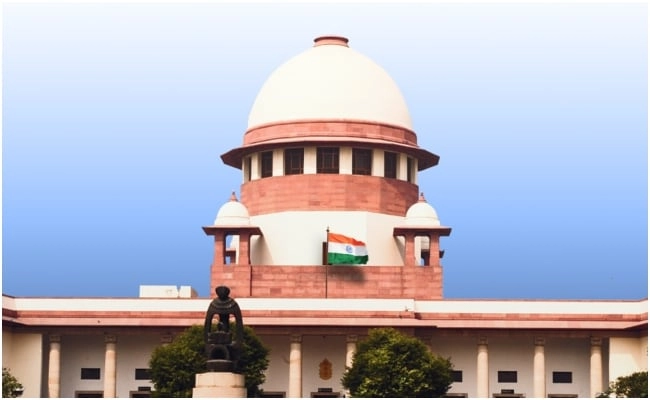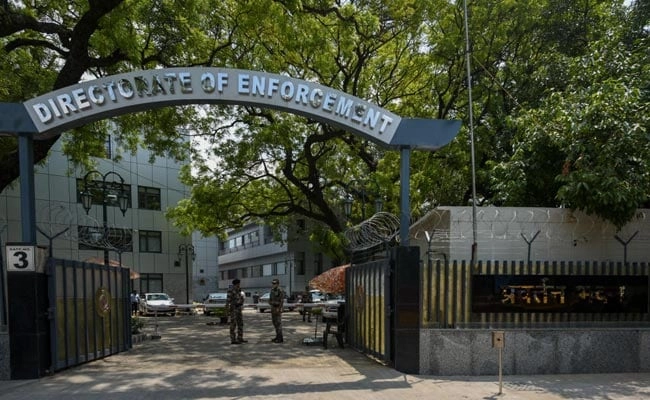The Supreme Court is set to hear petitions challenging the recent revision of electoral rolls in Bihar, a significant development that could impact the political landscape of the state. The revision of electoral rolls is a critical process that ensures the accuracy and integrity of voter lists, which directly influences the democratic process. However, the petitions argue that the current revision may have procedural flaws or could potentially disenfranchise certain segments of the population. This hearing is particularly crucial as it comes ahead of upcoming elections, where the stakes are high for various political parties and their candidates.
The petitions against the electoral rolls revision raise concerns about the transparency and fairness of the process. Critics argue that the revision may not have adequately accounted for demographic changes, including migration patterns and the addition of new voters, particularly among young citizens. They fear that such oversights could lead to significant portions of the population being excluded from the voting process. As the Supreme Court deliberates on these issues, the outcome could set important precedents regarding the management of electoral rolls and the rights of voters in India.
Furthermore, the implications of this hearing extend beyond the immediate concerns of the electoral rolls in Bihar. The Supreme Court’s decision could influence how electoral processes are handled in other states, especially those facing similar challenges. Voter access and electoral integrity are foundational to democracy, and any ruling on this matter will resonate across the nation. As the court addresses these petitions, it will need to balance the administrative aspects of electoral management with the fundamental right of citizens to participate in the democratic process. Thus, the Supreme Court’s ruling will not only determine the fate of the electoral rolls in Bihar but also signal its stance on broader electoral reforms and voter rights in India.




